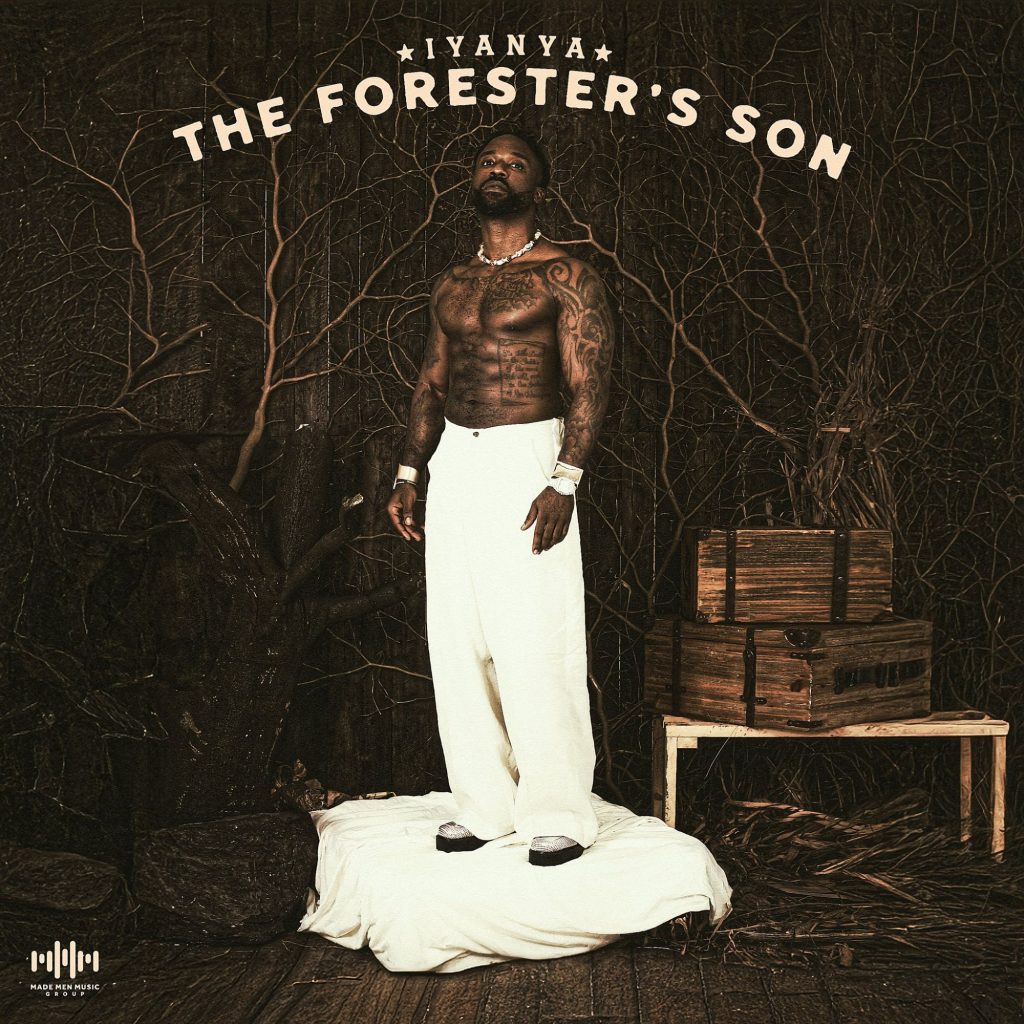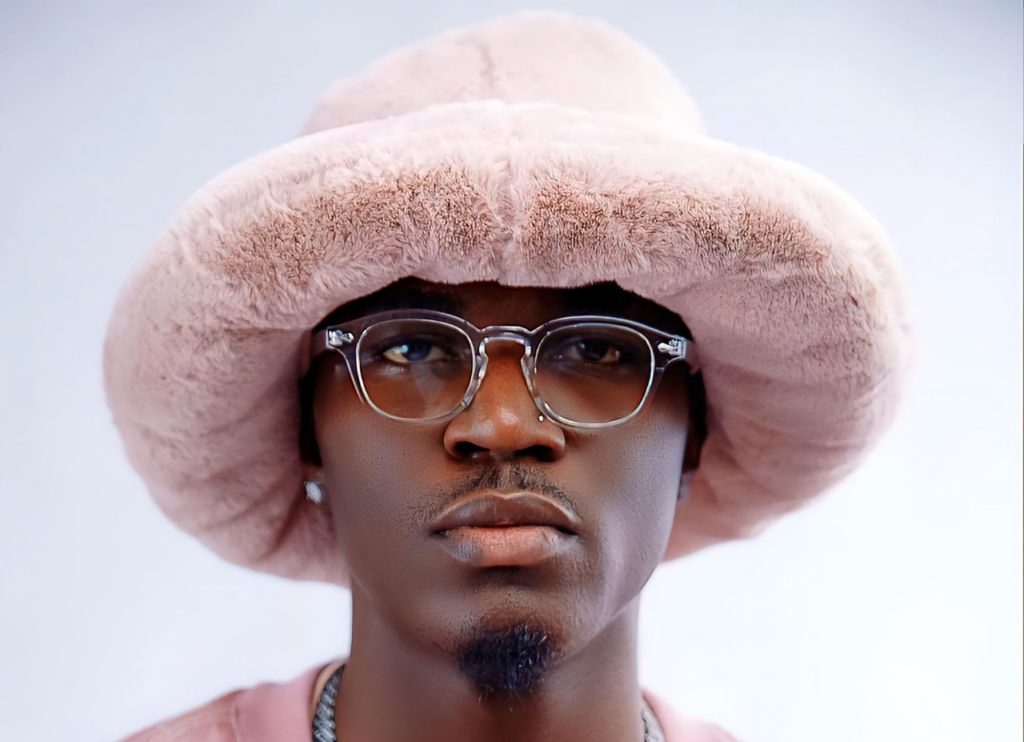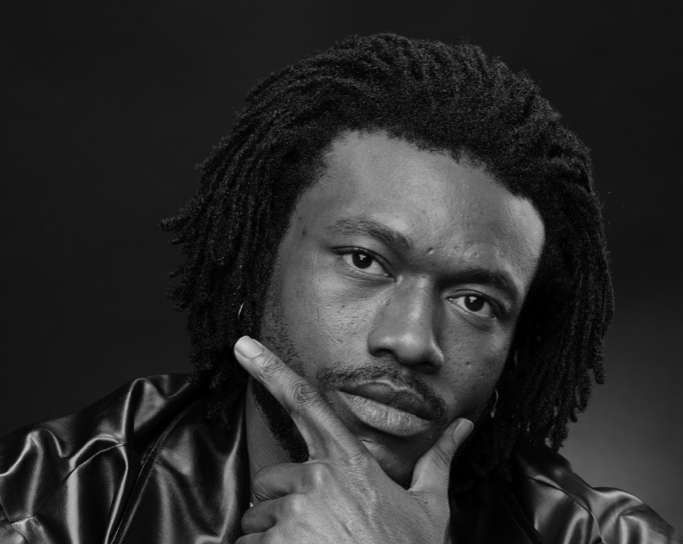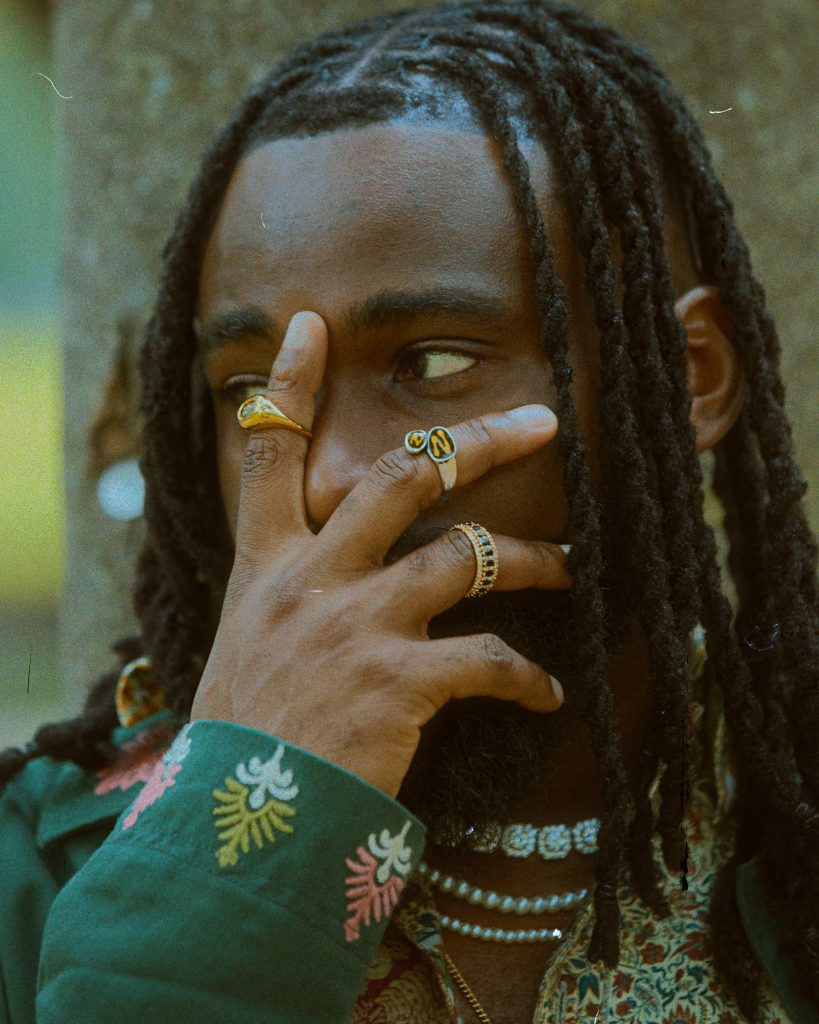On his self-titled album, Olamide takes a laid-back, relaxed approach that not only speaks volumes of his current state of mind, but attests to his status as an all-time great.
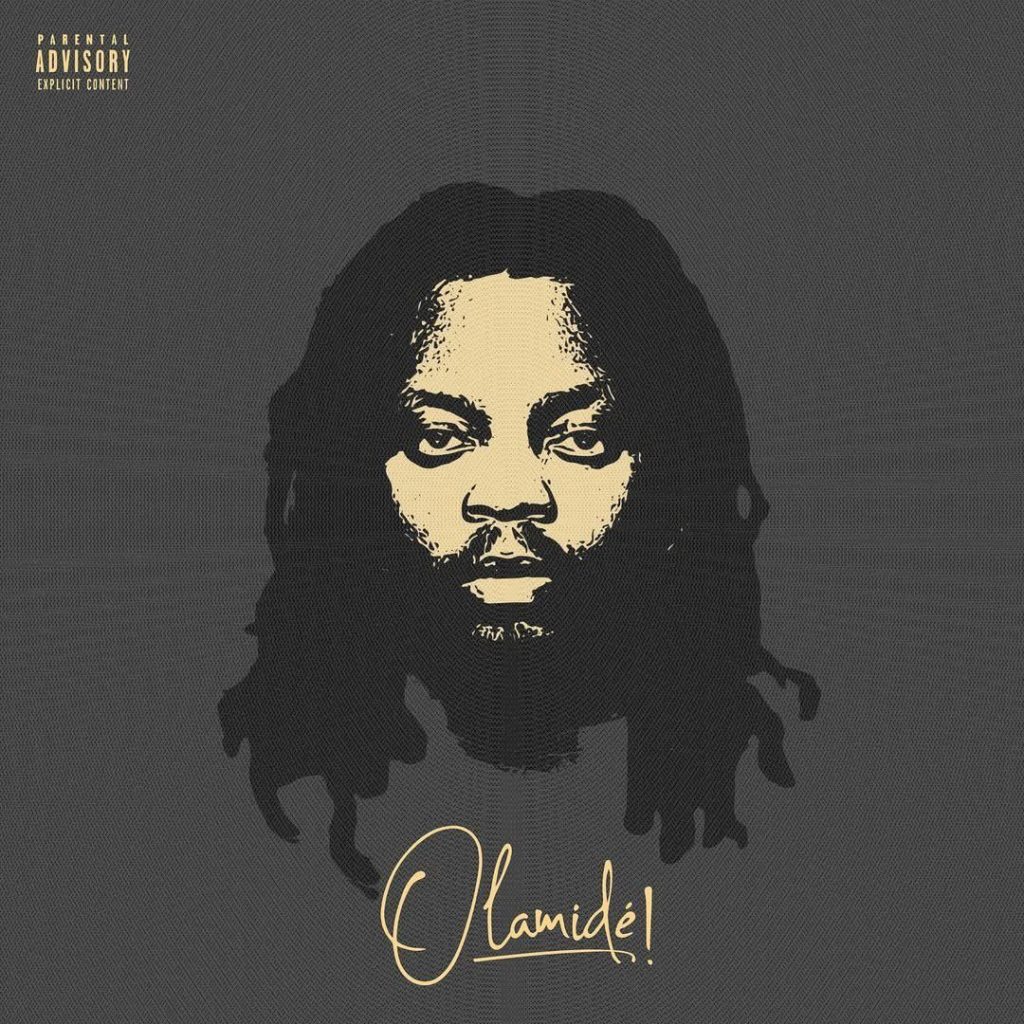
As far as legacies go, Olamide has nothing left to prove to anyone as he’s done it all. Multiple classic albums? Check. Career peak, where he was the biggest artiste in the country? Check. A legacy that is responsible for igniting the breakthrough of other great artistes and even producers? Check.
The one metric that he could be faulted for borders on the international acclaim front and it hardly holds water, because he has launched the career of artists that have achieved these feats under his tutelage, which only endorses his claim that he never cared much for such recognition. And when you put into context that he’s still the most commercially successful African rapper and most streamed on Spotify, while not actively making a play for the global scene and being from an era that preceded the streaming one, it only emphasizes how massive his legacy is.
Fourteen years, ten studio albums, two EPs and two collab albums later—Olamide is here with his full length eleventh studio album and while it doesn’t necessarily reinvent the wheel of his sound—(like 2024’s Ikigai did) or further dimensionalize the depths of his Hip-Hop roots into more melodic and psychedelic soundscapes (like 2020’s Carpe Diem)—this album succeeds in accomplishing what Olamide wants it do and it does it quite well.
Post 2020, Olamide’s art of curating albums has been unparalleled. Not only has he released tightly cohesive and concise body of works, he has also AnR’d some of the best albums in the past few years. In the Apple music editorial of this album, he revealed that he wanted to make calm, laid-back music and wanted the experience of Olamidé to mirror being immersed in a jazz club or sophisticated bar. And he pulled that off quite well.
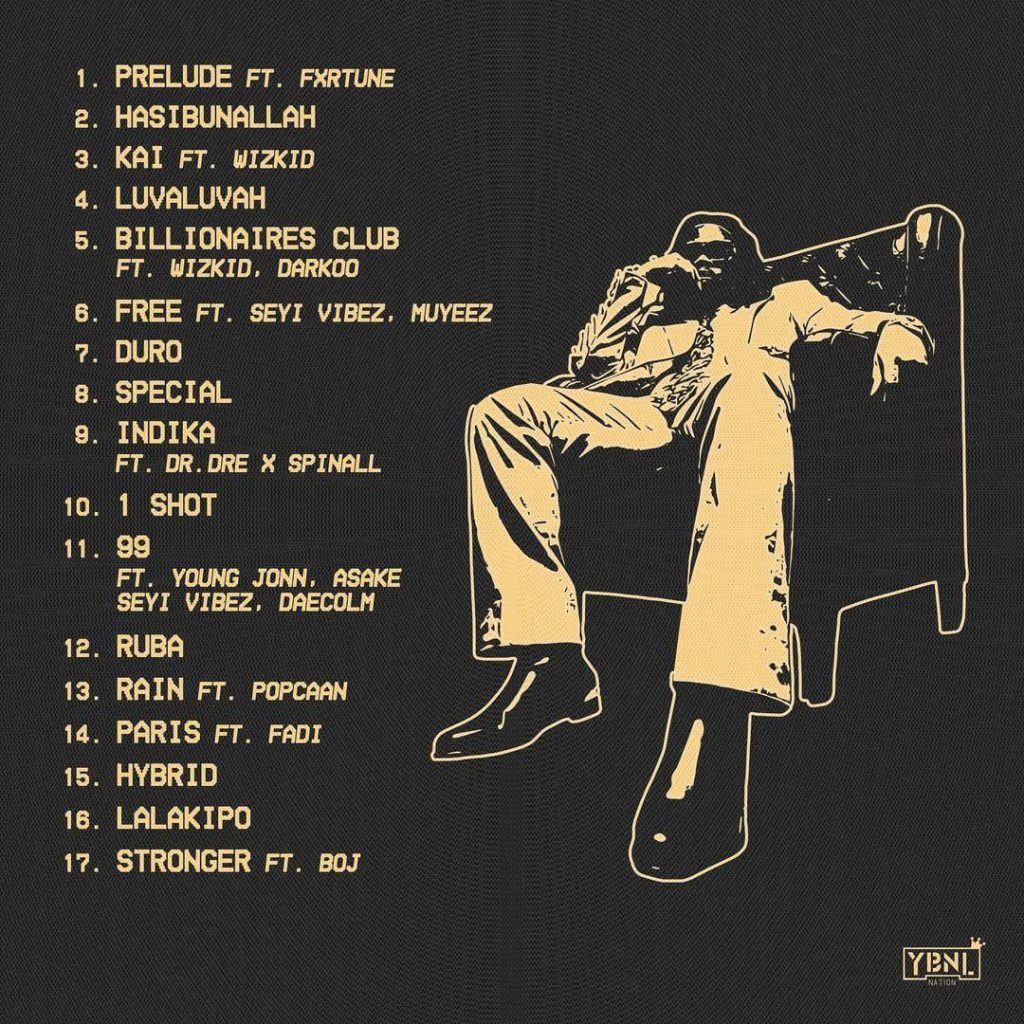
Prelude is a piano ballad that perfectly sets the ideal ambience for the atmosphere Baddo wants to usher you into. Fxrtune is the latest recipient of a Baddo co-sign and his tepid vocals blend for a soothing experience. Hasibunallah kicks off things with an earnest prayer to God. Olamide is from a Muslim family, which is synonymous with Arabic in the country although it’s only a language overseas that Christians also speak. Nonetheless, the chorus shouldn’t be alienating as the song’s sentiment is one everyone can resonate with.
The midtempo pace of Hasibunullah bleeds into Kai, although the beat here is suffused with jazz horns and triumphant sax riffs that exudes luxury. This sonic territory is tailor made for Wizkid, who does his thing in effortless fashion, which is a nice contrast to Olamide’s melodic rapping. The romantic narrative carries into Luvaluvah, where the horns are stripped back for a rumbling baseline. Lauryn Hill’s Can’t Take My Eyes Off You is sampled on here, as Baddo persists in his love in the hopes that his love interest doesn’t take his affection for granted and put him on the backburner.
Billionaires Club is cut from that same philosophical-spiritual-musing low-tempo-template that gave us Asake’s MMS ft. Wizkid and it’s no mystery that Prime produced this also. (Won’t be surprised if the song experiences the same success MMS did.) The production here is quite distinct though, with a dancehall twist to it. The writing here is less focused and more loose, as the POV also encompasses the pleasures of life on the fast lane asides the small anecdotes of wisdom. Darkoo’s verse is the standout moment, as Wizkid and Olamide almost mirror each other on the song.
Free is this writer’s favorite song on the LP and it’s arguably the best song on it. It’s a soulful, emotive song about the unbearable toll the task of leaving home to chase your dreams—leaves on one’s psyche. Muyeez is the star of the moment and his chorus captures the sentiment perfectly, setting the stage for Seyi Vibez and Olamide to rise to the occassion. Seyi keeps it simple and Olamide infuses his verse with a short rap that reminds us of his versatility. Muyeez closes out the song anyways with another vocal run that solidifies him as the best guest appearance on the album.
Duro has the template of an Amapiano-fusion song, with the drum rolls and beat arrangements but the rattles, shakers and log drums are swapped out for more local African percussion and it works to a tee. Olamide wails about a love interest that lacks patience and doesn’t stick around long enough for him to make it. Special is a sonic sequel to Kai and Olamide is more athletic with his flows here but the song will struggle to stick because of its inexistent structure. There is barely a carved out bridge or chorus, and the writing here isn’t catchy either. It’s not a bad song, but it should have been written with resonance in mind.
Dr. Dre opens up Indika and those sophisticated jazz horns that punctuate the bulk of the album are more prominent here than ever. This is one of the shorter songs on the LP, but the rap musings bordering on legacy, influence and living life to the fullest will definitely make an impression. It’s not the best rapping you’ll hear from either Dre or Baddo, but their laid back approaches fit the album like a glove. On 1 Shot, Olamide raps about how success comes down to time, chance and the readiness to seize the moment and make it count.
Olamide is comfortable with taking a backseat on 99 and letting the featured acts shine. Seyi Vibez and Daecolm have the standout verses, while Asake soaks up the beat with a more mellow approach. The topic here doubles down on the prevailing sentiment of the album, which is indulging in the pleasures of life and in this case “partying like 99.” Ruba is a beautiful Afro-R&B cut with sombre classical guitar strings, that set the perfect emotive stage. Olamide isn’t the most accomplished vocalist and he knows his strength is in his writing, so he crafts beautiful verses that explores the depth of his love and the benevolence of it. I see this song ageing even better with time.

Rain ft. Popcaan has that old-school, nostalgic reggae vibe to it and is definitely an acquired taste. A lot of folks will find it dated and justifiably so, as it sounds derivative without any twist to it. Some other people will appreciate the nostalgia and bask in it. Personally, it is not this writer’s cup of tea. Paris ft. Fadi is another glorified interlude that feature the album opener’s grand piano notes, underneath Fadí’s hypnotic vocals.
Hybrid finally kicks the tempo up a notch and it’s awfully late to be candid. I understand Baddo crafted this album to be laidback and mellow, but there should have been a deviation at least mid-way into the album to spice things up. The song features grounded, traditional percussion and deploys talking drums, alongside log drums for a very groovy experience. Olamide also understands the assignment and despite finding every pocket on the beat, incorporates catchy run of lines to make the song stick. This is the one with huge mainstream potential.
Lalakipo sounded jarring to this writer’s ears on first listen and while it has gotten more bearable with subsequent listens, it still sounds like a filler track that wouldn’t have made the final cut on previous Olamide albums. Stronger is dedicated to the women who have suffered through the ordeals of toxic relationships and narcissistic ex-boyfriends—and are trying to find their groove again. Olamide assures them that brighter days are ahead and they only need to persevere. BOJ’s hook does leave a bit to be desired and isn’t exactly inspiring or resonant.
Olamide’s self-titled album might be his least ambitious in years and the intentional lack of energy and raw dynamism that the legendary rapper is known for, might put off some of his faithfuls but when this album is listened to in context of what he wanted to accomplish—it is quite good and satisfying. Even if it’s nowhere near the quality of his best works.
Final Verdict:
Sonic Cohesion & Transitions: 1.6/2
Expansive Production: 1.3/2
Songwriting: 1.5/2
Delivery: 1.5/2
Track Sequencing: 1.1/2
Total: 7.0/10


